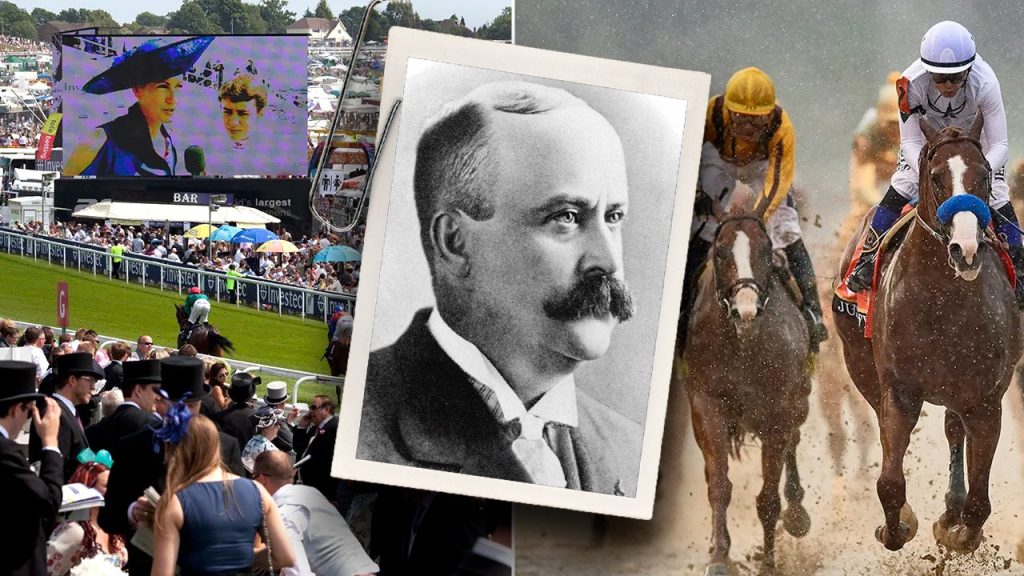The Kentucky Derby is an iconic sporting event in the United States, with roots in the Lewis and Clark Expedition and the aftermath of the Civil War. Meriwether Lewis Clark Jr., the founder of the Kentucky Derby, was the grandson of explorer William Clark and was inspired to create the race to rejuvenate the horse-racing industry in Louisville. The first Derby was held in 1875 and quickly became a beloved tradition, drawing thousands of attendees and featuring a thrilling race between champion horses.
The Kentucky Derby has a rich history, with early winners trained by Black horsemen and former slaves. Ansel Williamson, a former slave, trained the first Derby winner, Aristides, and played a crucial role in preserving the famous horse Asteroid during the Civil War. Despite financial struggles and personal hardship, Clark Jr. was instrumental in establishing the Derby as a prestigious event, with iconic features such as the twin spires added to Churchill Downs during his tenure.
Tragically, Clark Jr. took his own life in 1899, marking a sad end to his legacy. However, his contributions to the Kentucky Derby and the sport of horse-racing live on, with the event evolving into a global phenomenon that attracts millions of viewers and attendees every year. The Derby continues to be a symbol of American tradition and a celebration of speed, skill, and the beauty of thoroughbred horses.
Through the years, the Kentucky Derby has grown in popularity and prestige, with significant increases in prize money and attendance. Today, the first-place winner of the Derby receives a substantial cash prize, showcasing the immense value and importance of the race within the sporting world. The Derby has become a cultural phenomenon, with fans dressing up in their finest attire and participating in viewing parties across the country.
The legacy of Meriwether Lewis Clark Jr. and the Kentucky Derby continues to resonate with millions of fans worldwide. The event remains a source of national pride and a testament to the enduring spirit of American sportsmanship and tradition. The Derby’s evolution from a local horse race to a global spectacle is a testament to the vision and determination of its founder, whose legacy lives on in the hearts of all who participate in and celebrate this iconic event.
In conclusion, the Kentucky Derby stands as a testament to American ingenuity, perseverance, and passion for sport. The event’s origins in the Lewis and Clark Expedition and the aftermath of the Civil War highlight its historical significance and symbolic value in American culture. As the Derby continues to captivate audiences around the world, it serves as a reminder of the enduring legacy of Meriwether Lewis Clark Jr. and the pioneers who laid the foundation for this iconic sporting tradition.


